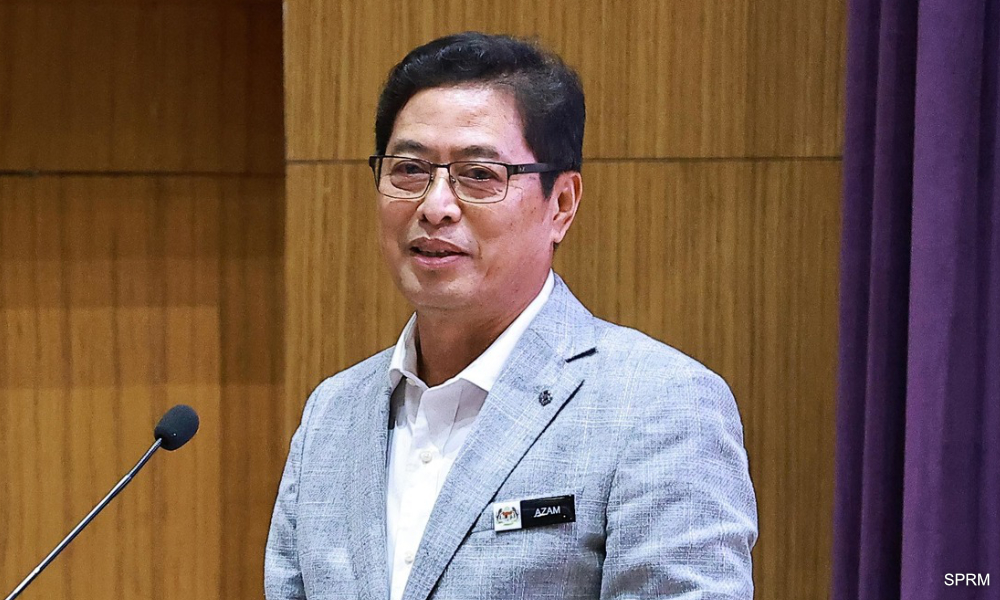When the news surfaced in 2015 that Sarclad - a Rotherham-based private technology company - was rumoured to be the first to sign a Deferred Prosecution Agreement (DPA) with the UK’s Serious Fraud Office (SFO), it sparked a raft of issues over the future of justice in corporate cases.
It all started when Sarclad and a few other companies were invited by the SFO to attend DPA negotiations after an investigation was launched into irregularities in their business conduct - including allegations of bribery prohibited in the UK under the Bribery Act 2010 - across a number of jurisdictions.
At that time, it was vehemently argued that if the DPA proceeded, it would open the door for a new influx of similar agreements. The sixty-four-thousand-dollar question then was whether that would be a positive step forward.
Recently, our local media reported that the DPA will be implemented via amendments to the MACC Act 2009, and the proposed bill is expected to be tabled in Parliament by mid-next year.
MACC chief commissioner Azam Baki said the proposed amendment to the Act would soon be presented to the Special Cabinet Committee on National Governance, chaired by Prime Minister Anwar Ibrahim.

He also said the DPA will only apply to cases involving grand corruption, not those involving smaller amounts.
In justifying the introduction of the DPA, Azam argued that seized assets, fines, and penalties imposed on entities receiving the DPA would go into the national coffers and be nationalised. It seems the DPA is hugely motivated by pecuniary motives.
A form of ‘plea agreement’
Anyway, DPAs are commonly used in the UK after they came into operation on Feb 24, 2014, after being introduced by Schedule 17 to the Crime and Courts Act 2013.
It is interesting to note here that in the UK, a DPA can only be involved in cases where organisations - not individuals - are criminally indicted with economic crimes such as bribery and fraud.
In essence, this form of agreement is often described as a “plea agreement” whereby a company charged with a criminal offence can admit its culpability and have proceedings against it automatically suspended in return for agreeing to certain conditions.
These may include paying a fine; providing compensation; adhering to enhanced compliance procedures; or co-operating with the authorities in the future prosecution of individuals suspected of wrongdoing.

Although the negotiations involved are confidential, the DPA must be approved by a judge at a public hearing. Assuming the company fails to subsequently honour the conditions of the DPA, prosecution against them may resume. That is why it is called a deferred agreement of the prosecution.
As usual, views differ on accepting this prosecutorial mechanism.
The proponents of the DPA, inter alia, argue that the DPA would halt the collapse of big companies resulting from criminal conviction. After all, they contended, conviction may have a disastrous impact on the company’s reputation, ability to secure future work, and win public contracts.
But opponents argue this form of agreement is only seen as a “get out of jail free card”, allowing companies to evade justice by paying their way out.
The proponents of the DPA, however, offer a counterargument by saying that it is not the company itself that goes to jail; rather, it is the individuals within that are responsible for the misconduct.
Apparently, both sides seem to offer intriguing arguments in either supporting or rejecting the idea of implementing the DPA.
As usual, money talks
Though DPAs are aimed at deterring criminal conduct, questions have been raised over whether they will be effective.
There is, in my view, a valid concern that DPAs will have quite the opposite effect, possibly making the doing of “dirty business” easier.
Worse, they may even encourage recidivism among directors who feel safe in the knowledge that they can avoid jail.
The issue of equal protection of the law - a constitutional protection enshrined in Article 8 of the apex law - has also arisen as the DPA seems to give favourable treatment to big fish, thus penalising the small players, as the latter are not entitled to be duly protected via the DPA. Yes, as usual, money talks!
To conclude, I must say that the government may introduce or offer any system, but at the end of the day, if the executors of the system - especially those who helm the relevant institutions in carrying out the DPAs - are morally bankrupt, in all likelihood, we’re back to square one! - Mkini
MOHAMED HANIPA MAIDIN is a former deputy minister of law.
The views expressed here are those of the author/contributor and do not necessarily represent the views of MMKtT.




No comments:
Post a Comment
Note: Only a member of this blog may post a comment.